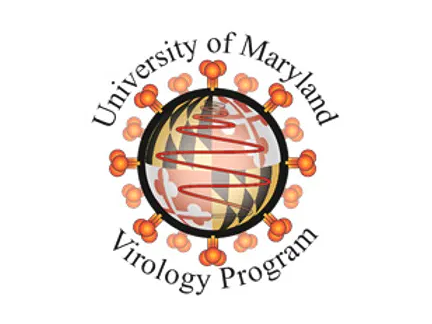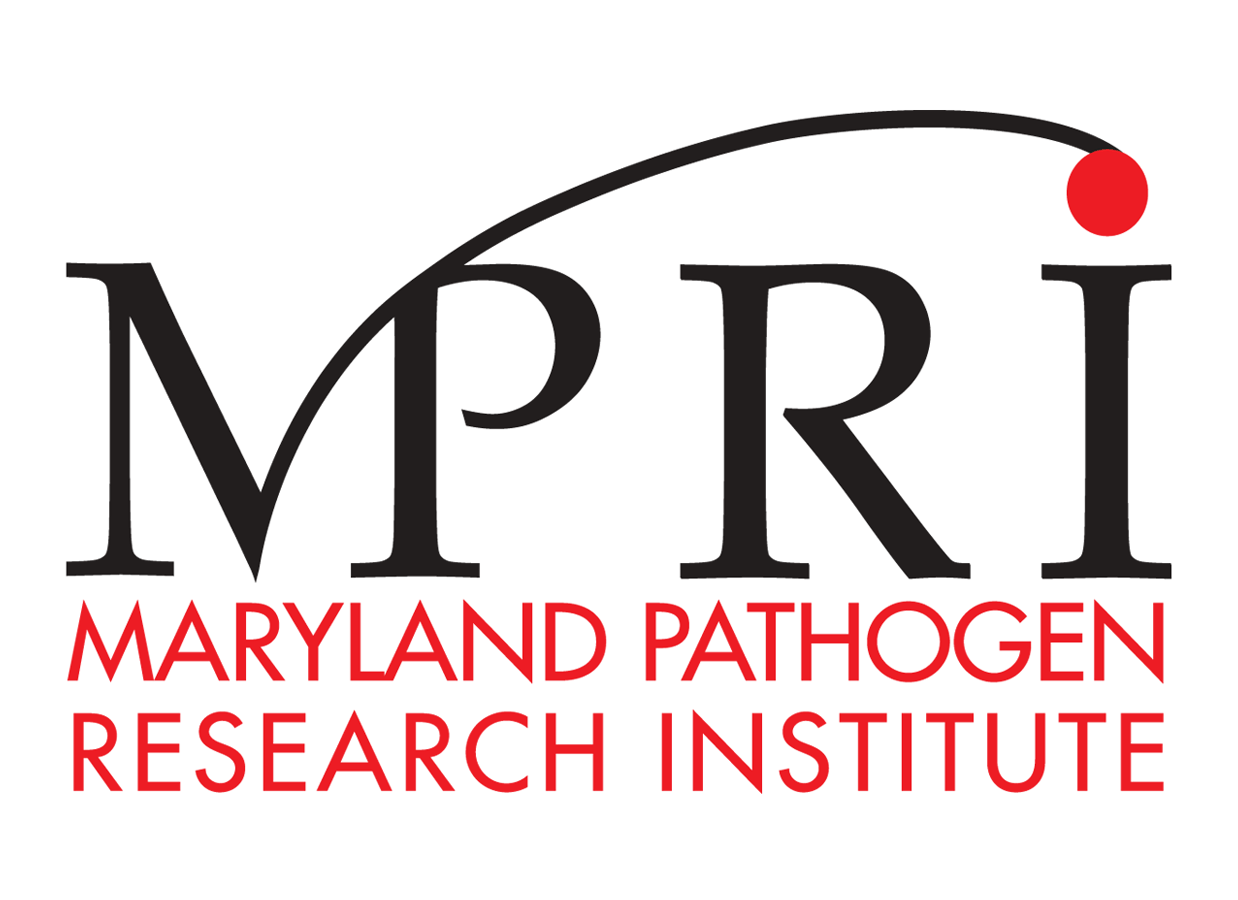Virology Graduate Training Program
 Since 2001, the University of Maryland Department of Cell Biology and Molecular Genetics and faculty at the National Institutes of Health; USDA-Agricultural Research Service, Beltsville; University of Maryland Biotechnology Institute; the Virginia Regional College of Veterinary Medicine; and the National Cancer Institute have joined efforts to provide a state-of-the-art, NIH-funded graduate training program that emphasizes the breadth of virology.
Since 2001, the University of Maryland Department of Cell Biology and Molecular Genetics and faculty at the National Institutes of Health; USDA-Agricultural Research Service, Beltsville; University of Maryland Biotechnology Institute; the Virginia Regional College of Veterinary Medicine; and the National Cancer Institute have joined efforts to provide a state-of-the-art, NIH-funded graduate training program that emphasizes the breadth of virology.- Program members meet monthly, have a yearly retreat and have several established collaborations.
Maryland Pathogen Research Institute (MPRI)
 The Maryland Pathogen Research Institute (MPRI) brings together a broad-based, multi-disciplinary approach to the research of pathogenic microorganisms.
The Maryland Pathogen Research Institute (MPRI) brings together a broad-based, multi-disciplinary approach to the research of pathogenic microorganisms.
- The Institute brings together leaders in the biosciences, computational sciences, engineering and nanosciences. Located on the University of Maryland's campus in College Park, these collaborations within MPRI share the goal of developing a comprehensive program to diagnose, treat and prevent the spread of pathogens.
Host-Pathogen Interactions Graduate Training Program (HPI)
 The University of Maryland NIH T32 Training grant-supported program in Host-Pathogen Interactions immerses students in interdisciplinary host-pathogen research, striving to integrate advances in pathogenesis with genomics, bioinformatics and engineering.
The University of Maryland NIH T32 Training grant-supported program in Host-Pathogen Interactions immerses students in interdisciplinary host-pathogen research, striving to integrate advances in pathogenesis with genomics, bioinformatics and engineering.- Our training program has a strong transnational research component, as trainees interact not only with experts in their own research area, but with scientists in other disciplines, such as computer sciences, bioengineering, and environmental sciences.


